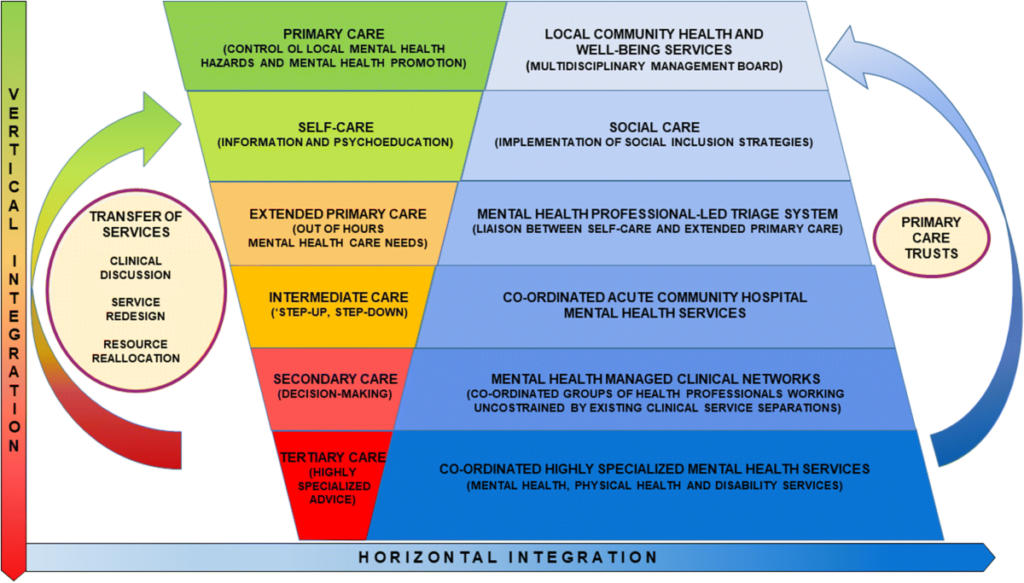Key Takeaways
- Learning about the different support systems for teen mental health.
- Understand the benefits that come from residential treatment programs.
- Practical steps to the mental well-being of teenagers.
- Research-backed ways to boost adolescent mental health.
Recognizing the Signs of Teen Mental Health Issues
Be on the lookout for changes in behavior, social withdrawal, failing grades, and mood swings indicative of any emerging mental health problem. This clearly gives the gesture that one in five teens has a mental disorder, so early recognition is important. Knowing when to resort to professional help, exploring options like a girls treatment center is equally important and would serve to be very vital care and support for the teenagers struggling with it. It involves specialized programs targeting the unique challenges teenage girls face and, therefore, tenderly takes care of them. It is also advisable to include family members in the treatment process as it gives great support during treatment. Moreover, early intervention makes a vast difference in the long-term results for teenagers who are experiencing mental health problems.
Benefits of Residential Treatment Programs
Residential programs are designed to provide rich resource settings for adolescent clients. These treatment programs comprise available CBT and DBT, as well as useful group therapy. The threesome of treatment programs has recorded some level of efficacy in treating numerous types of mental health conditions. These children and teen residential programs are, to some extent, intensely involving. It helps children and teens distance themselves from everyday hassles as a way of primarily focusing on their treatment. A supportive community and dedicated professionals help create a safe space for teenagers to heal and grow. The program provides care on an individual basis for the different needs observed in adolescents.
Incorporating Holistic Practices
Alongside traditionally accepted therapies, holistic practices can go a long way toward encouraging mental well-being. For example, sleeping under blankets has been positively proven to reduce the levels of stress and anxiety. Activities such as yoga and meditation teach how to be well-prepared for different situations and regulate one’s emotions, which helps with better mental health. Holistic treatments usually encompass the body, mind, and spirit to be all-rounded besides what is usually accepted under conventional methods. For instance, in the trial illustrated in Psychology Today, art therapy can be materially an auxiliary intervention for abating depression and anxiety in teens. Creative activities of this kind afford an avenue for emotional expression where teenagers find it inexpressible to put their feelings and emotions into words.
Engaging Family and Community
Both family and community support are part of the teenage mental health treatment. Family therapy sessions may help close the communication gap and sort out any family problems that may potentially be part of the causes of mental illnesses among teens. Good family communication will allow people to understand each other better and show empathy, which is necessary for emotional support.
Sharing experiences and strategies for coping among community support groups, in essence, contributes to a sense of belonging for the teens and families. A community that allies in support strongly against stigma in mental illness is reduced immensely and a place posited for open discussions about mental well-being.
Practical Steps for Mental Well-Being
It is essential to encourage open communication, regular exercise, and good nutrition to promote teens’ mental well-being. Physical health is closely linked to mental health, and maintaining a balanced lifestyle can significantly impact mood and stress levels. Limiting screen time and ensuring adequate sleep can help reduce anxiety and depression. Mental health resources like counselors and support groups can help develop tailored treatment plans and coping mechanisms. A supportive atmosphere at home and school is crucial for teens to grow and seek help without fear of judgment. By fostering a supportive environment, teens can feel comfortable seeking help and grow without fear of judgment.
School-Based Interventions
Schools can play a very determinant role in teen mental health support since evidence-based and school-based adolescent interventions such as counseling services, mental health awareness programs, and peer support groups bring about the creation of a varied way of supporting the environment. Well-trained teachers and school counselors identified with dealing with teen mental health issues have a number of very useful roles to play—most of the two one is of early intervention. A report by the WHO claims that these interventions would successfully lower the prevalence of mental health disorders in students at large and promote health. This could be done by enabling schools to create a culture of awareness in mental health, which empowers students to seek help among themselves.
Research-Backed Methods
Thus, many research studies have informed us about effective ways to improve mental health among adolescents. Evidence-based practices in this regard include MBSR and resilience training. MBSR and resilience training seems very promising for mental well-being improvement in adolescents. These methods are specifically designed to offer the teenager a “toolkit” of coping strategies to be applied in different stressful situations. Skills and emotional regulation programs empower teenagers with coping strategies against stress and resultant circumstances. To ensure the mental problems of teenagers, constant research is carried to discover newer modes of mitigation and to ensure bedrock treatments for these problems.
Conclusion
Resolution of the teenage mental health issue focuses on a multidimensional approach, including a call from an early age, professional intervention, and family and community support for pragmatic change in lifestyle. Along with all these strategies, we can reach that position where we perhaps, or most possibly, can ensure a caring environment for the well-being and resilience of the mind of these teenagers. Through sustained support and creative measures for the realization of methods, we can have a chance to make inroads into the mental health challenges that plague the world’s youth today. By prioritizing mental health, we can help teens navigate these formative years confidently and strongly on their way toward a much healthier future.

